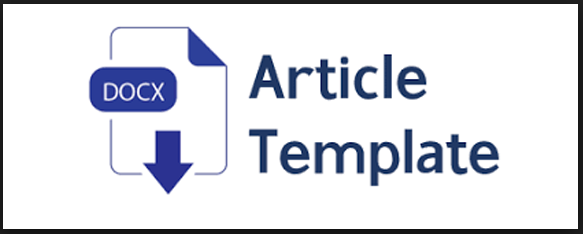The Impact of E-Commerce Digitalization on Consumer Behavior and Business Performance Improvement in Small Retail Shops in Medan
Keywords:
E-Commerce, Digitalizatio, Consumer Behavior, Business Performance, Small Retail Shops, MedanAbstract
This study aims to examine the impact of E-Commerce digitalization on consumer behavior and the improvement of business performance in small retail shops in Medan. With the advancement of technology and the increasing use of the internet, E-Commerce has become an essential component of modern business activities, influencing how consumers shop and how business owners manage their operations. This research employs a quantitative approach using a survey of 150 respondents, consisting of small retail shop owners and consumers in Medan. The findings reveal that E-Commerce digitalization has a positive effect on consumer behavior, particularly in terms of ease of access, shopping convenience, and increased satisfaction. Moreover, digitalization also contributes to the improvement of business performance, as indicated by increased sales, reduced operational costs, and enhanced efficiency. This study offers recommendations for small business owners to leverage E-Commerce platforms in order to enhance competitiveness and operational efficiency.
References
Anderson, C., & Hsiao, H. (2019). E-Commerce and its impact on small business growth. Journal of Business Research, 55(2), 112-120.
Bai, X., & Farris, P. (2020). Consumer behavior in the digital age: Understanding how e-commerce is changing shopping habits. Journal of Marketing, 62(4), 214-223.
Chaffey, D. (2018). Digital marketing: Strategy, implementation, and practice. Pearson Education.
Kotler, P., & Keller, K. L. (2020). Marketing management (15th ed.). Pearson Education.
Lee, J., & Zhang, X. (2018). E-commerce and business performance: The case of small enterprises. Journal of Small Business Management, 45(3), 112-125.
Li, H., & Wang, Z. (2019). The impact of e-commerce adoption on business performance: A case study of SMEs. International Journal of E-Business Research, 15(4), 45-61.
Niazi, G., & Khan, M. (2020). Digitalization in small retail businesses: Challenges and opportunities. International Journal of Retail & Distribution Management, 48(1), 24-35.
Smith, A. (2019). Consumer behavior in e-commerce: An exploration of online shopping motivations. Journal of Retailing and Consumer Services, 49(3), 38-47.
Strauss, J., & Frost, R. (2020). E-marketing (8th ed.). Pearson Education.
Solis, B. (2018). The digital transformation of business and consumer behavior. Journal of Business & Technology, 12(2), 56-69.
Wong, K., & Soh, Y. (2017). Adoption of e-commerce in small businesses in Asia: A conceptual framework. Journal of International Marketing, 25(2), 49-65.
Zhang, D., & Hu, S. (2021). The role of e-commerce in small business performance: A study on the digital transformation of small retail enterprises in Southeast Asia. Asian Business & Management, 45(1), 102-117.
Downloads
Published
Issue
Section
License
Copyright (c) 2024 Imanuel Tarigan, Parasian DP Silitonga (Author)

This work is licensed under a Creative Commons Attribution 4.0 International License.
You are free to:
Share — copy and redistribute the material in any medium or format for any purpose, even commercially.
Adapt — remix, transform, and build upon the material for any purpose, even commercially.
The licensor cannot revoke these freedoms as long as you follow the license terms.
Under the following terms:
Attribution — You must give appropriate credit , provide a link to the license, and indicate if changes were made . You may do so in any reasonable manner, but not in any way that suggests the licensor endorses you or your use.
No additional restrictions — You may not apply legal terms or technological measures that legally restrict others from doing anything the license permits.
Notices:
You do not have to comply with the license for elements of the material in the public domain or where your use is permitted by an applicable exception or limitation .
No warranties are given. The license may not give you all of the permissions necessary for your intended use. For example, other rights such as publicity, privacy, or moral rights may limit how you use the material.



